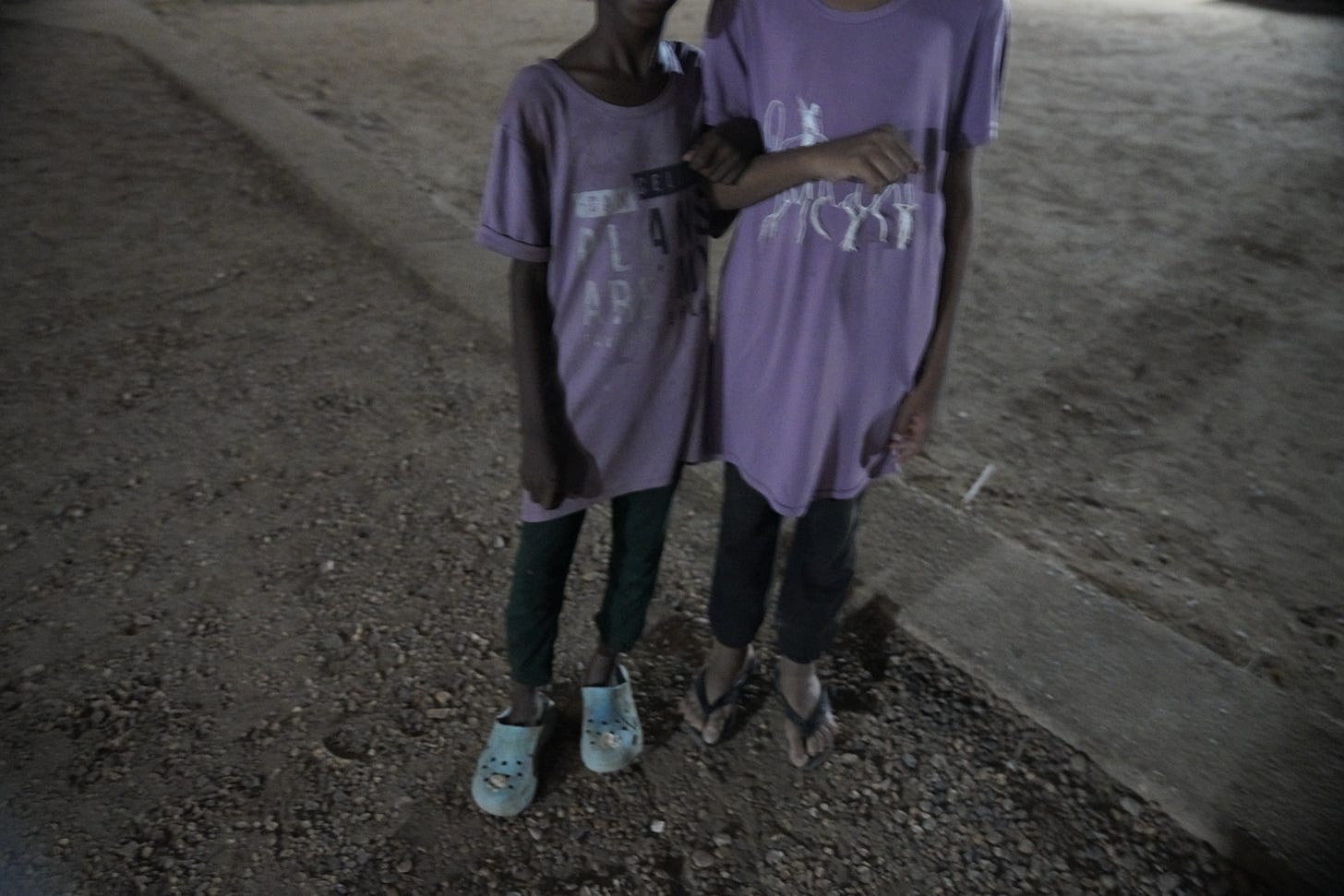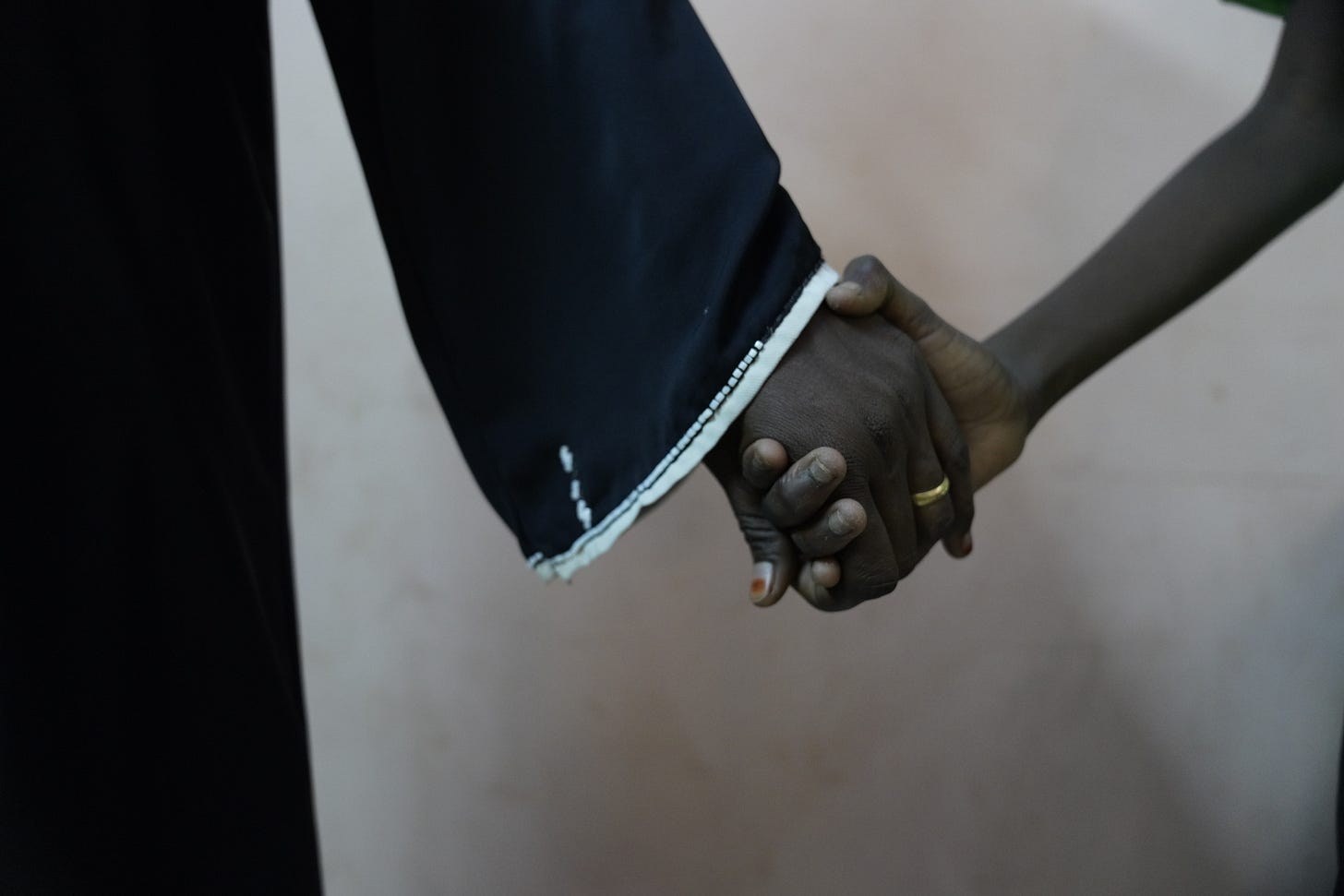How come a Sudanese life means less to me than an American life?
On March 4, 2025, UNICEF released a report detailing the rampant sexual assaults against women and children being perpetrated by armed forces during Sudan’s ongoing civil war. According to UNICEF, the United Nations agency on children, 221 rape cases against children were recorded since the beginning of 2024. The youngest reported survivors were one-year-olds.
On the same day UNICEF’s report came out, in an address to a joint session of Congress, the President of the United States emphasized that his administration had cut “$8 million to promote LGBTQI+ in the African nation of Lesotho, which nobody has ever heard of.” This is also the same president who once questioned why the U.S. would accept more immigrants from Haiti and “shithole countries” in Africa. Was the President briefed on the report the day of his address? We don’t know, there is nothing on his official public schedule before 8:30 pm on March 4, when he left the White House for the Capitol.

Since this speech inside the citadel of democracy, the main foreign aid arm of the wealthiest country in the history of the world has slashed 83% of its programs (although a federal judge has since ruled this likely unconstitutional). According to some estimates by people on the ground, gutting USAID has shut 70% of the food kitchens in the region working to combat what could be the worst famine in decades. Since Sudan’s civil war began, 11 million people have fled their homes, and tens of thousands are estimated to have been killed.
New York Times opinion journalist Nicholas Kristof just returned from a reporting trip to South Sudan, meeting refugees fleeing the conflict. His reporting gives names and faces to the numbers. I hope you all read it. Special credit to the photographs by Malin Fezehai and visual graphics by Sara Chodosh.
The title for this post is cribbed from an episode of The West Wing, where a fictional president who is supposed to represent the better angels of neoliberal ideals decides to recreate American foreign policy to stop acts of genocide in a fictional country. Do I think American military power is the answer when its soft power fails? Maybe. But The West Wing didn’t exist in a world where America’s soft power is cut away recklessly and maliciously. The arc of this story won’t be resolved after a special two-part episode.
So why does a Sudanese life mean less to me than an American life? The Vice President of the United States might argue that this is a Christian principle when it comes to the order of our love. Pope Francis has disagreed with this particular member of his flock. I’m not here to litigate an intra-faith conflict. But from where I sit, the order of love has never felt like a path that should be narrow, or confined by family ties or geography.

I’m not sure a lawmaker speaking out on issues of foreign aid will make sweeping changes to public sentiment. Democrats can hold as many press conferences outside of a shuttered USAID office as they want and I’m not sure the needle moves. But a selfish argument does work. It’s easy to turn a blind eye when a conflict rages halfway around the world and those being hurt are some of the poorest people in the world. But that’s only true if we only interact with the world through intermediaries. A 30-second story on the 6:30 news doesn’t bring it home. A TikTok of dubious authenticity is a bad place to seek the truth. But outside these mediums, the accounts of real people are where the truth can live. This isn't about silencing opinions or agendas, I have both, I think I’ve made that clear. But we also have a responsibility to one another. We all have to share the same sky in the end, and injustice under that sky will one day come for all of us.
See you Thursday.

